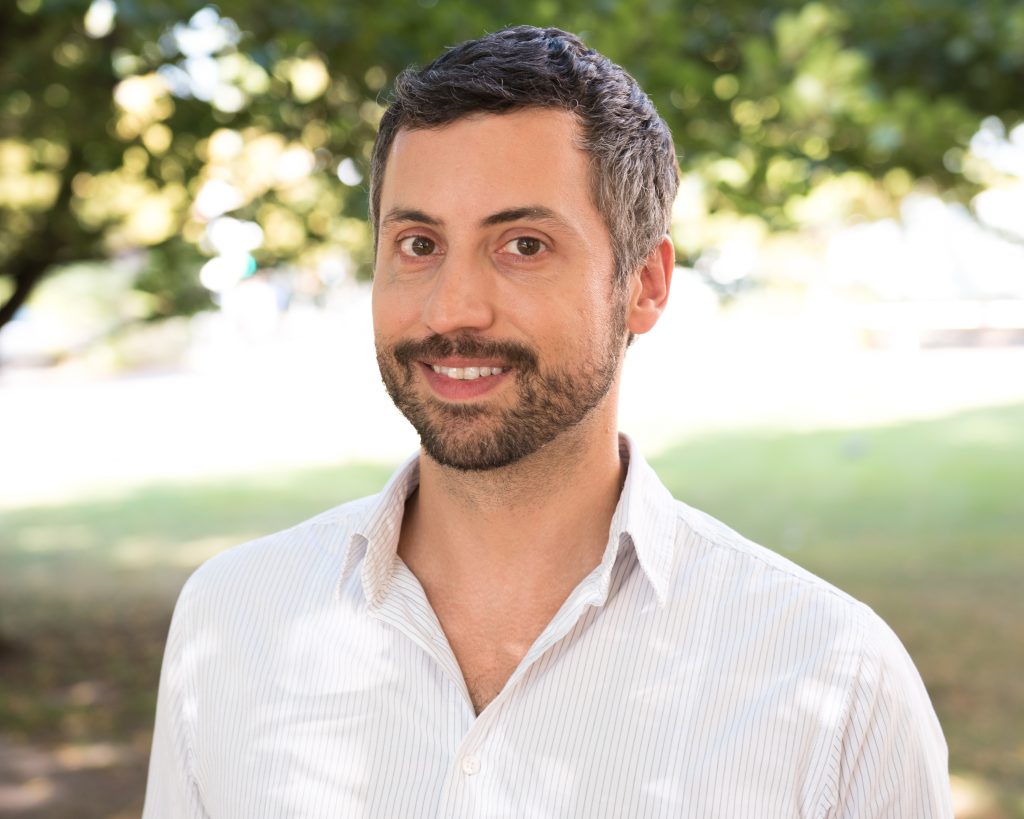Research undertaken for the Inclusionary Practices (IP) project, run jointly by Kent Law School and the Federal University of Minas Gerais (UFMG) since 2015, has helped inform an article critically examining proposed changes to the regulatory framework for telecommunications in Brazil.
The article by Professor Fabricio Polido from UFMG, who co-led the IP project with Kent Professor Toni Williams, has been published in Revista Jurídica, a peer-reviewed journal for legal scholars in Brazil.
In his article on ‘The proposed amendment to the General Telecommunications Act and its constituents: risks and opportunities for universal internet access and digital inclusion in Brazil’, Professor Polido reviews an amendment to the Brazilian General Telecommunications Law of 1997 proposed by Bill No. 79/2016.
He examines the amendment in light of the 2014 Marco Civil da Internet, the Brazilian Civil Rights Framework for the Internet, the further objectives of the global digital agenda, and the affirmation of the right to access to the internet as a human right.
Professor Polido said that discussions with his IP colleagues prompted him to focus his critical assessment on the existing law-making process and on the legislative design underlying the Bill that proposes the amendment. Issues he addresses in the article include:
- the boundaries between technical and legal discussions inspiring the main interests promoted in the reform of the Act and the principles of transparency, democratic participation and public scrutiny, central to democratic processes
- the inseparable relationship between digital inclusion and digital transformation policies in Brazil, which are located at the core of the public policies behind Marco Civil and a national digital agenda
- a reappraisal of the “universalisation” of Internet access as objective to be broadened not only by broadband access provision services but also digital literacy and digital culture
- the necessary interplay between the proposed legislative reform and normative interplay with the Marco Civil da Internet – a potential avenue to promote industrial, technological and innovation policies and reduce the huge regional disparities in terms of internet access in Brazil.
Inclusionary Practices was a three-year research project exploring social and economic inclusion policies in Europe, Latin America and the digital domain. The project, funded by a £26k grant from the British Academy’s International Partnership and Mobility Scheme, held its final workshop in Brussels in September 2018.

